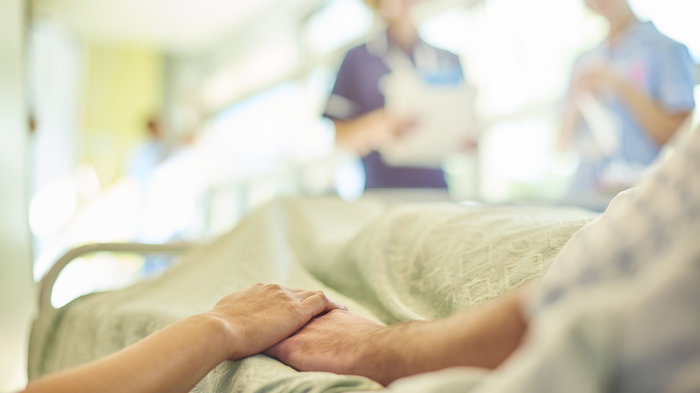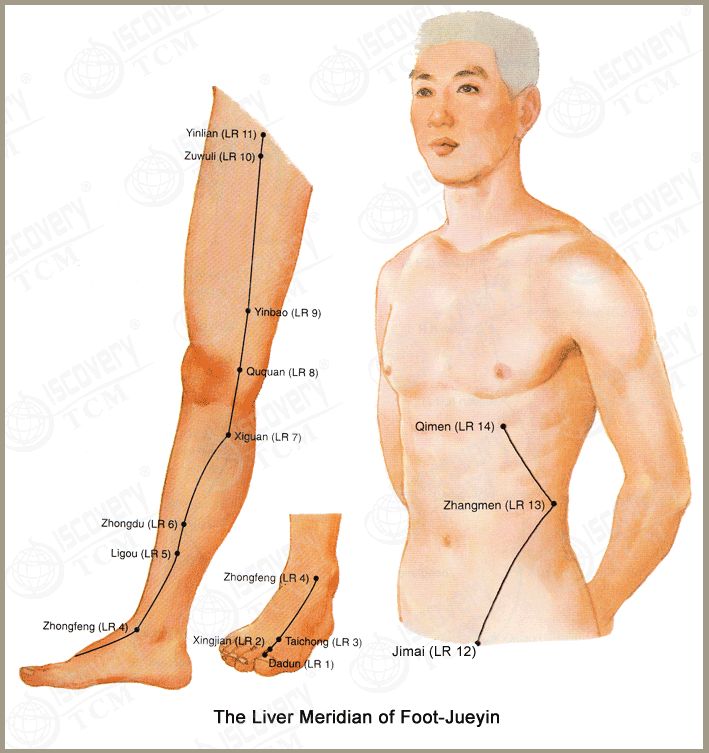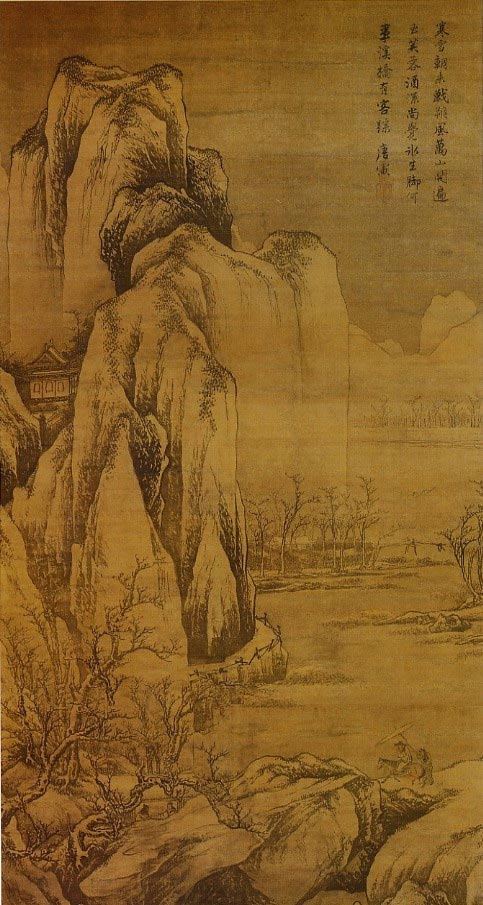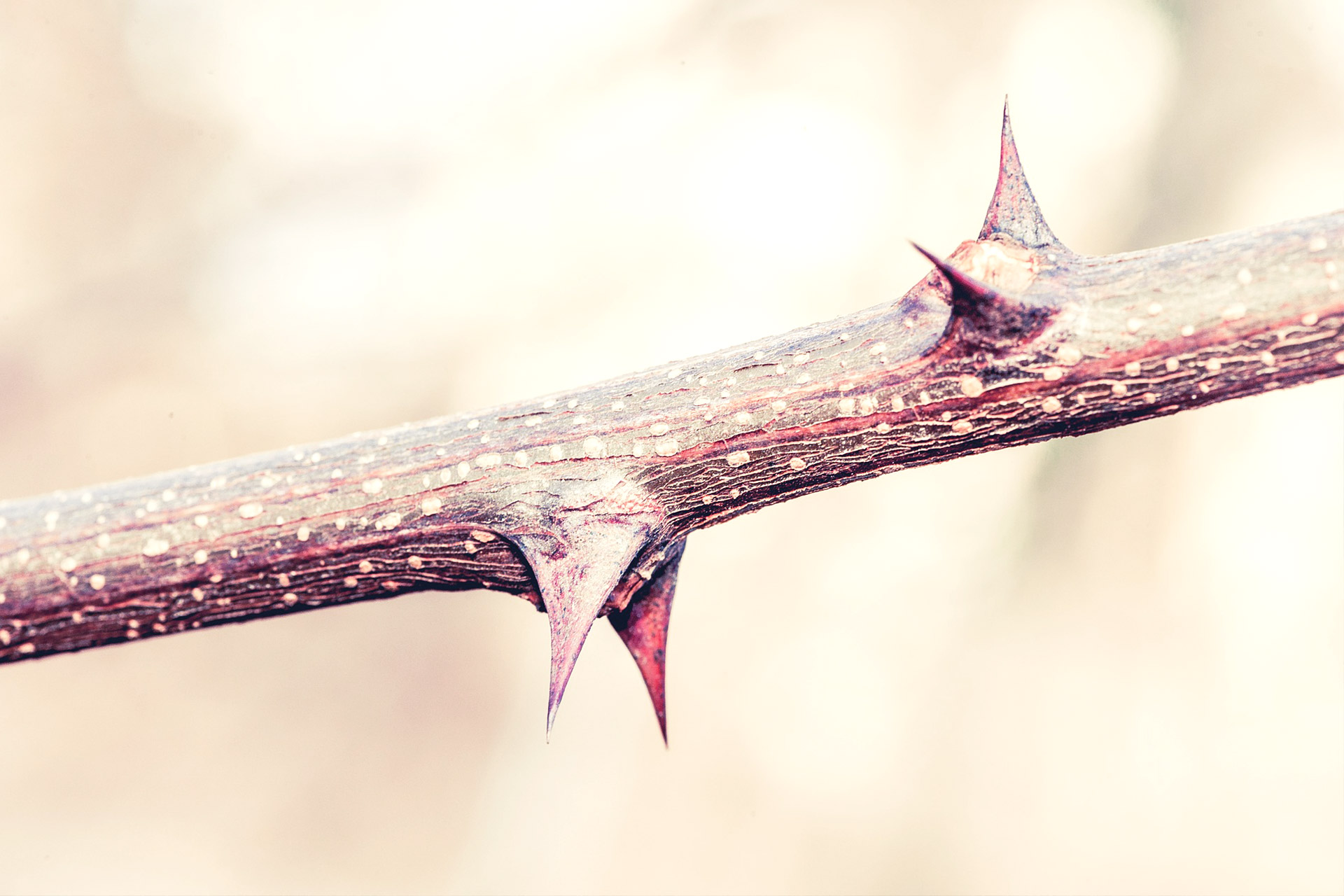
The Spiritual Potency of Acupuncture in Death and Dying
To be a healer is to face death. I’ve found that all of us have an underlying anxiety about mortality. All fear can be seen as fear of death: the mysterious unknowing. Yet death can offer clues to life. To live is to die; and maybe to die is to live. Much of the healing process involves allowing the past to die, surrender to the moment, and letting go of fear, disappointment, resentment and unfulfilled desires.
Tibetan Buddhist teacher Pema Chodron often teaches that meditation is the process of “practicing for death.” She says this with a charming combination of humor and seriousness. Chodron describes the basic vulnerability that we all possess in the midst of an ever-changing world. We always try to get ground under our feet: a state of stability and safety. Yet life is like being in the middle of the ocean on a small raft. The water can be calm or it can be choppy and throwing us around. Eventually the raft is going to dissolve, Chodron teaches, leaving us floating in the middle of the vast expanse of water, completely groundless. The raft, however, was only an illusion.
Eventually we are going to die: all of us. None of us knows when this will occur. Many of us will become ill. For some of us, the dying process will be scary, it might even be painful. It may feel like the raft is dissolving. We may feel adrift, angry, alone and very frightened.
According to Chodron, life is like death. We never truly have ground under our feet. This is only an illusion we use to allay our anxiety. Death merely becomes the major moment of our life when these illusions are no longer present. The challenge is to surrender to the basic groundlessness, realizing we are not in control. Hopefully, discovering this need not be a problem.
I’ve had the privilege, on a few occasions to work with patients in their last months of life. Chinese Medicine, as with all Eastern spiritual and healing practices, has much to offer the area of death and dying.
I believe the healer can never be so arrogant as to predict when a patient will face death. It is not the doctor who gives or takes away life. The doctor merely witnesses and facilitates these passages. Therefore, when I am asked to work with someone in the so-called “late stages” of illness, my intention is to honor the requests of the body, mind and spirit of the patient. If recovery is possible, I will do my best to facilitate this. However, if death is the path the person’s spirit has chosen there is much acupuncture can do to allow a peaceful passing.
A peaceful passing may include helping to ease the patient’s pain or fear: to support a state of greater acceptance and surrender. Much of the therapeutic work in “late-stage” conditions involves helping the patient resolve unfinished business: a therapeutic process known as “rectification of the qi:” helping the person brings things to completion, so they need not carry excess baggage beyond the current life.
To work with surrender and rectification is to work with the Lungs and the Liver. It is the Liver that allows a person to forgive: either themselves or others. The Liver channel communicates with the Lungs, ultimately allowing a person to surrender, let go of the past, and move onto a new life. This is a process that is done in life many times over. However, it can be most dramatic at the end of a person’s life. It can be miraculous and very moving to behold.
Tibetan teacher Sogyal Rinpoche famously speaks on the subject of death and dying in his book “The Tibetan Book of Living and Dying.” He writes how shocked he was when he came to the West, seeing how people are allowed to die in our culture. “For all its technological achievements, modern Western society has no real understanding of death or what happens in death or after death…people today are taught to deny death, and taught that it means nothing but annihilation and loss. That means that most of the world lives either in denial of death or in terror of it…All the greatest spiritual traditions of the world have told us clearly that death is not the end…But despite their teachings, modern society is largely a spiritual desert where the majority imagine that this life is all that there is.”
My own experience working with patients who are facing death has done much to inspire my belief that acupuncture has a great deal to offer those who are facing this major moment in life.
Last year I was asked to work with a patient who had undergone many Western treatments for Cancer. He was young, and had been through a great deal of suffering. His family called me to help after he was released from Western medical care. His doctor believed all that could be done for him had been done, and advised his family to place him in hospice care. When I began treating him, he was in a difficult place: in tremendous pain, often delirious, and very cold. I’d been taught to never give up on a patient. It’s certainly not over until it’s over. After a few treatments, this young man improved greatly. He seemed to stabilize. The warmth returned to his body; his pain diminished; and his consciousness became clearer. The acupuncture treatments I was giving him were focused on bringing his Cancer into remission. This is what was happening on the physical level. However, the deeper aspect of our sessions focused on rectification and surrender. I knew it was not up to me as to which direction my patient would go. I kept an open mind: I believed he could either fully recover, or pass on. Either way, I felt it was my job to help him to move into either direction with a greater sense of peace, and a lighter spirit.
I was making housecalls to this patient, as he was bedridden, and unable to use his lower limbs. I would sit by his bed, give him his acupuncture treatment, and talk with him. In addiction to treating acupuncture points to stabilize and strengthen his body, I would also needle points that supported rectification: forgiveness, surrender and letting go. I was amazed at the things we’d talk about. About his past: disappointments, fears, resentments. There were even miraculous moments where he’d describe spiritual visions relating to his religious history, which he was largely unexposed to. I witnessed him let go of a great deal of the past. I saw his spirit become lighter. I saw increased hope, and greater peace. There was even a moment, after I needled a point on the Spleen Channel called “Yin Mound Spring” (Spleen-9), where he described receiving a very clear message that he was “to begin walking a certain spiritual path right now.” He was in wonder as to what he was seeing and hearing. He knew it related to his spiritual roots, yet he was amazed, since he was not raised particularly spiritual, nor was he trained in the spiritual imagery he was seeing.
While keeping myself open to the possibility that my patient could still recover, after such moments as occurred with “Yin Mound Spring,” I began realizing I may be helping him through his passing. We continued to talk. I looked forward to the time I would spend with him. It felt like something sacred and very spiritual was occurring. I was tremendously grateful to be involved in it: grateful for my vocation as a healer practicing a type of medicine that can help a person in this way. It still moves me very deeply.
Eventually, my patient seemed to move away. He and I had done a great deal of rectification concerning the past. He began sleeping during our sessions, talking less. Finally, he passed. I was saddened, however I also felt peaceful. I knew he’d left this world with a lighter spirit. I had the feeling it was his choice to move on. I had witnessed the letting go he’d done. I felt neither afraid for him, nor regretful; only tremendous thankfulness that I was allowed to be of service during one of the most spiritual times in this person’s life.
I have learned a lot from working with patients in their final months of life. They taught me how important it is to surrender, rectify, forgive and let go. We essentially do this every moment of our lives with our breath. With each out-breath, we let go of life. With each passing stage of our life, we allow something to disintegrate. It is neither something to fear, or to take lightly.
It is my hope that acupuncturists interested in the spiritual aspect of death and dying begin serving this community in greater numbers. They would be especially helpful in hospice situations. To help someone pass with a lighter spirit can often be the greatest gift a healer can provide, equal to helping save a life.










No Comments